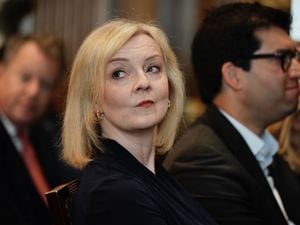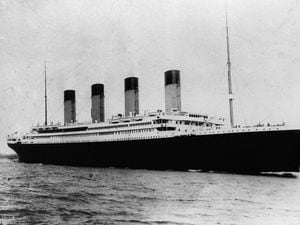Andy Richardson: What on earth has the Government done to A-level students?
There’s a reason why a free press is important and our American friends have reminded us what it is.

President Donald Trump has characterised his term in office by making statements considered dishonest. The Washington Post Fact Checker team has counted up 20,000 things that were untrue or misleading, including mountains of exaggerations, half-truths and falsehoods.
While cricketers take several years to reach such important milestones like 4,000 runs, the Donald has reached his way markers in record time. It took 827 days to hit 10,000 false and misleading claims and just 440 more days to reach 20,000, which meant he was saying 23 things a day that were wrong. During the first few months of the coronavirus pandemic, he notched up nearly 1,000 claims.
When the Huffington Post’s White House correspondent, S V Dáte, was called upon to ask the President a question he said: “Mr President, after three and a half years, do you regret at all, all the lying you’ve done to the American people?”
The Donald couldn’t take in the fact that someone had been so bold. He’s used to dealing with the servile and sycophantic – well, except for Jonathan Swan, from Axios, who made him look like lamb who’d fallen into a crocodile-infested pool.
“All the what?” Trump said.
Dáte: “All the lying, all the dishonesties.”
Trump: “That who has done?”
“You have done,” said Dáte. “Tens of thousan–”,
The penny dropped and The Donald moved on. It’s a fair bet that Dáte won’t be asked back, though he’d already discharged his duty to ask the sort of simple and honest questions that his readers might have wanted him to.
A reasonable question to be asked of Boris Johnson and Gavin Williamson is this: What on earth have you done to A-level students? And what can GCSE students expect next week?
The mess surrounding the Government’s A-level fiasco has meant many kids have been denied their opportunity to attend university. Pupils from disadvantaged backgrounds have been worst hit, while pupils at private schools benefited the most.
Private schools increased the proportion of students achieving top grades – A* and A – twice as much as pupils at comprehensives.
According to analysis by exam regulator Ofqual, pupils in lower socioeconomic backgrounds were most likely to have the grades proposed by their teachers overruled, while those in wealthier areas were least likely to be downgraded.





